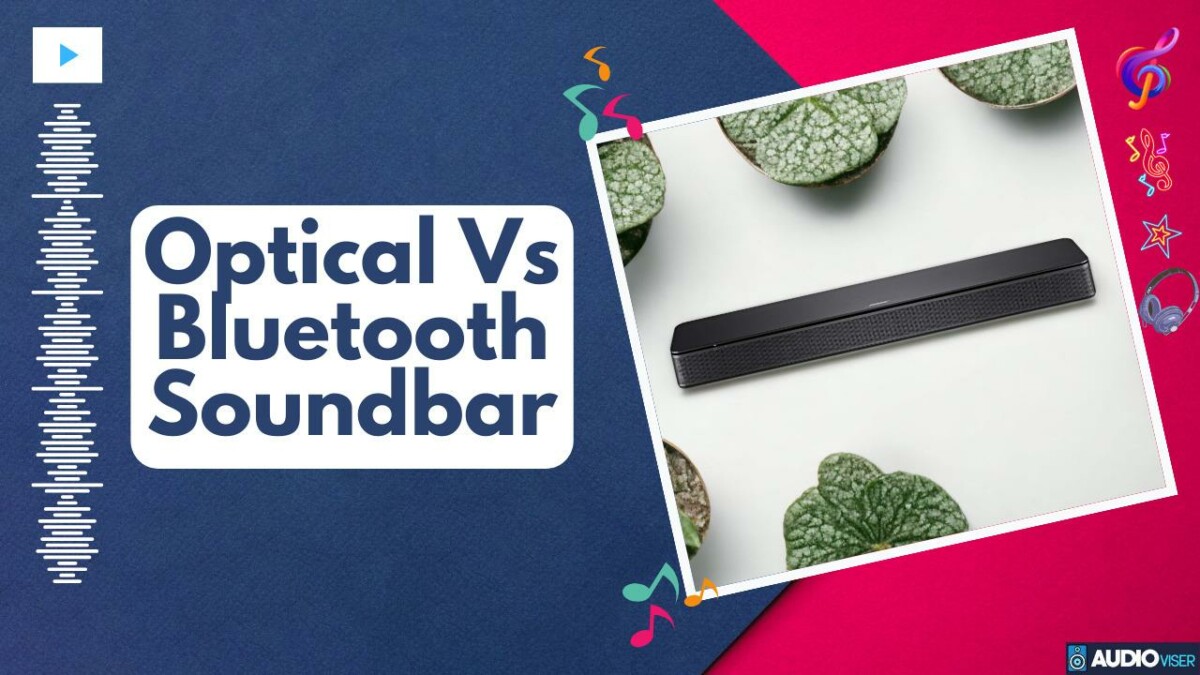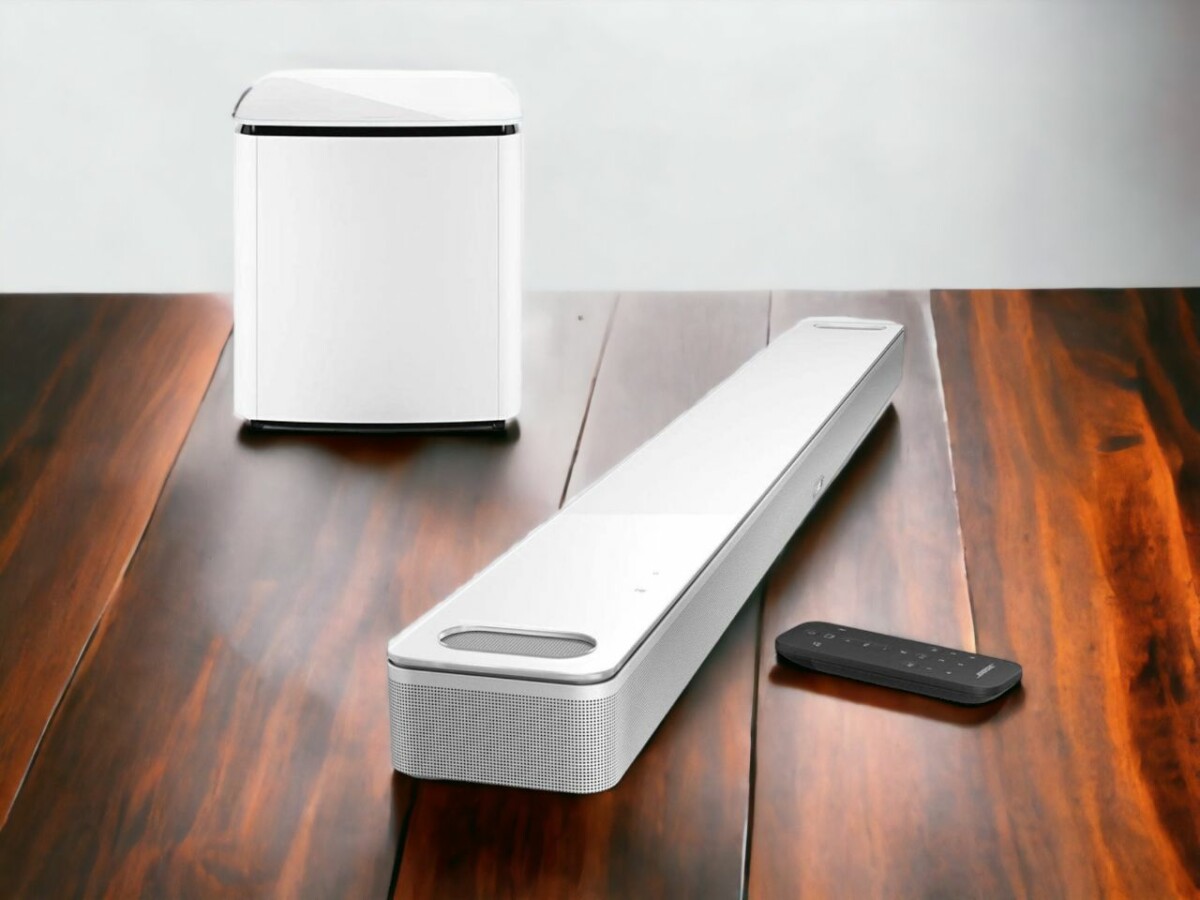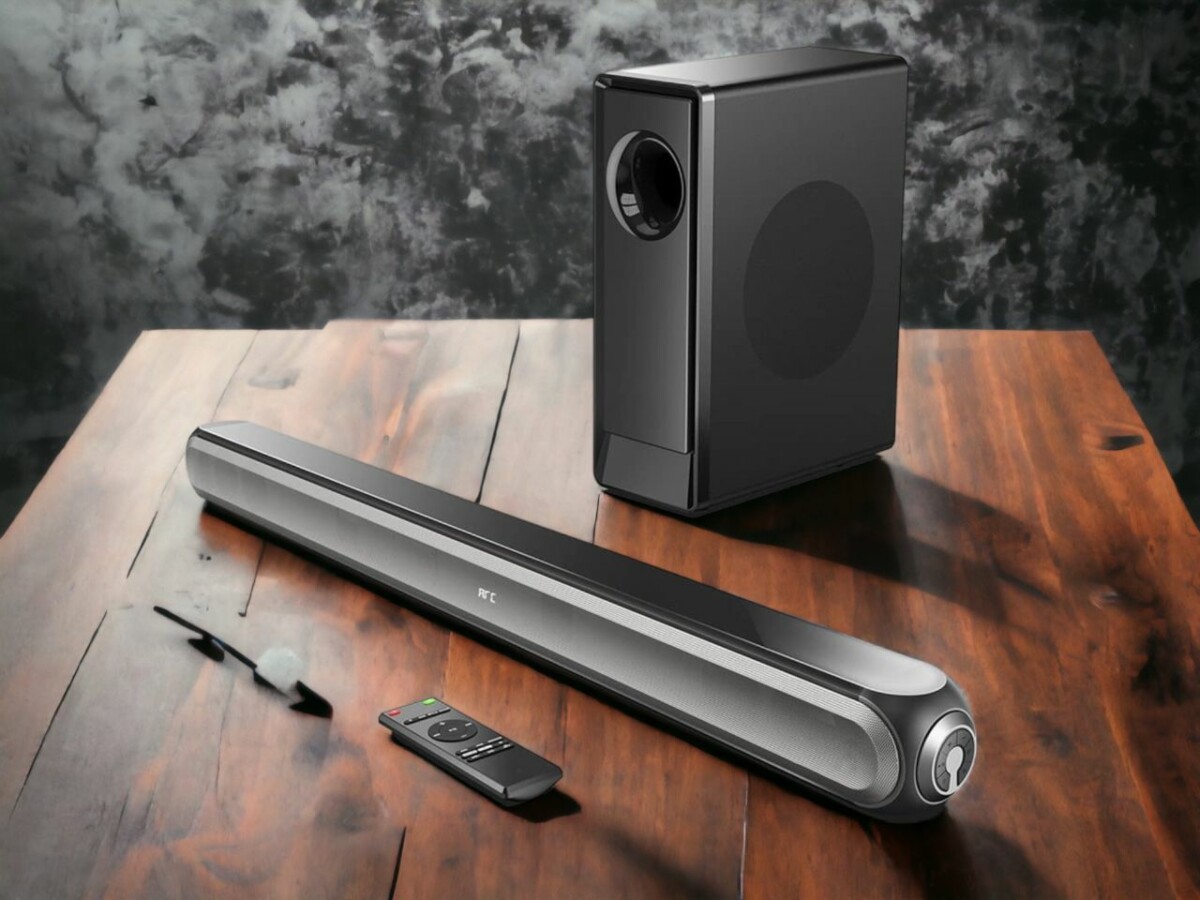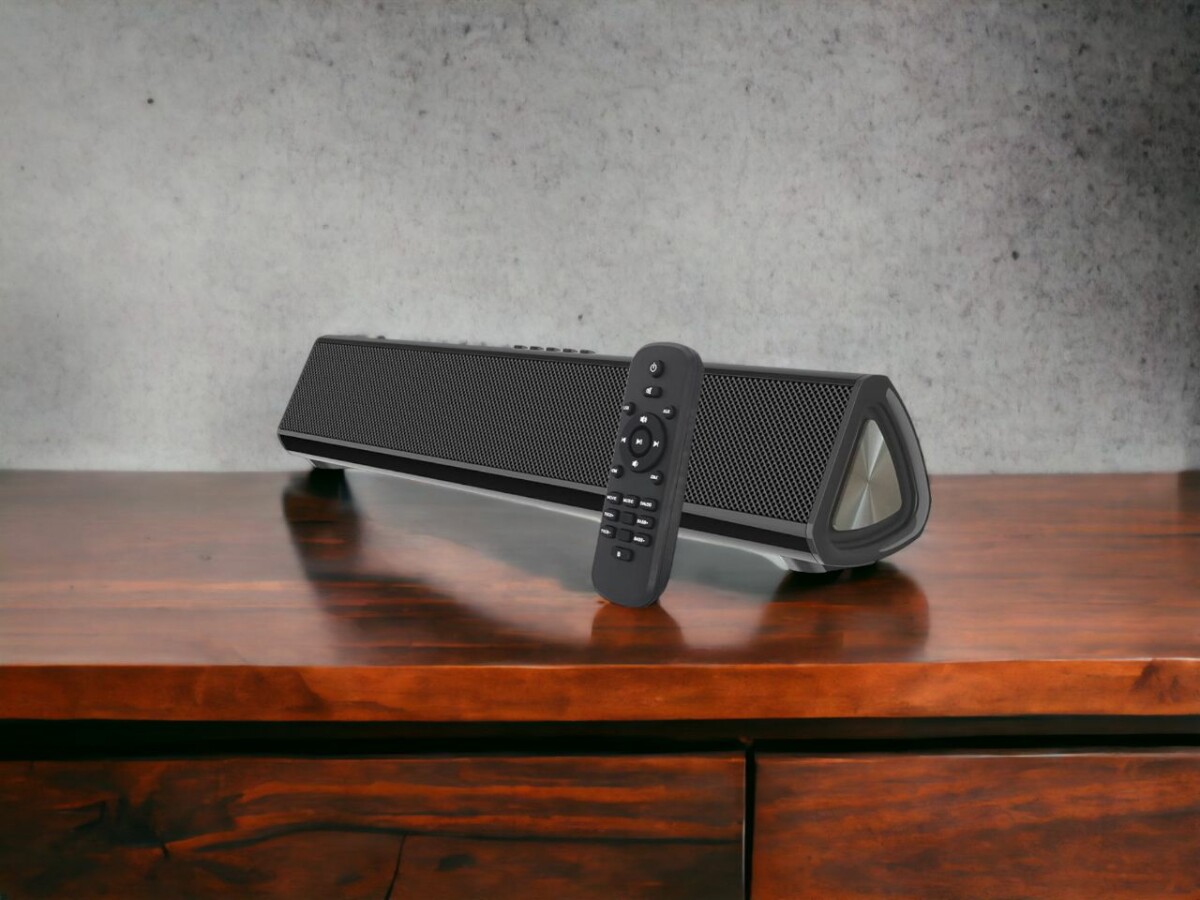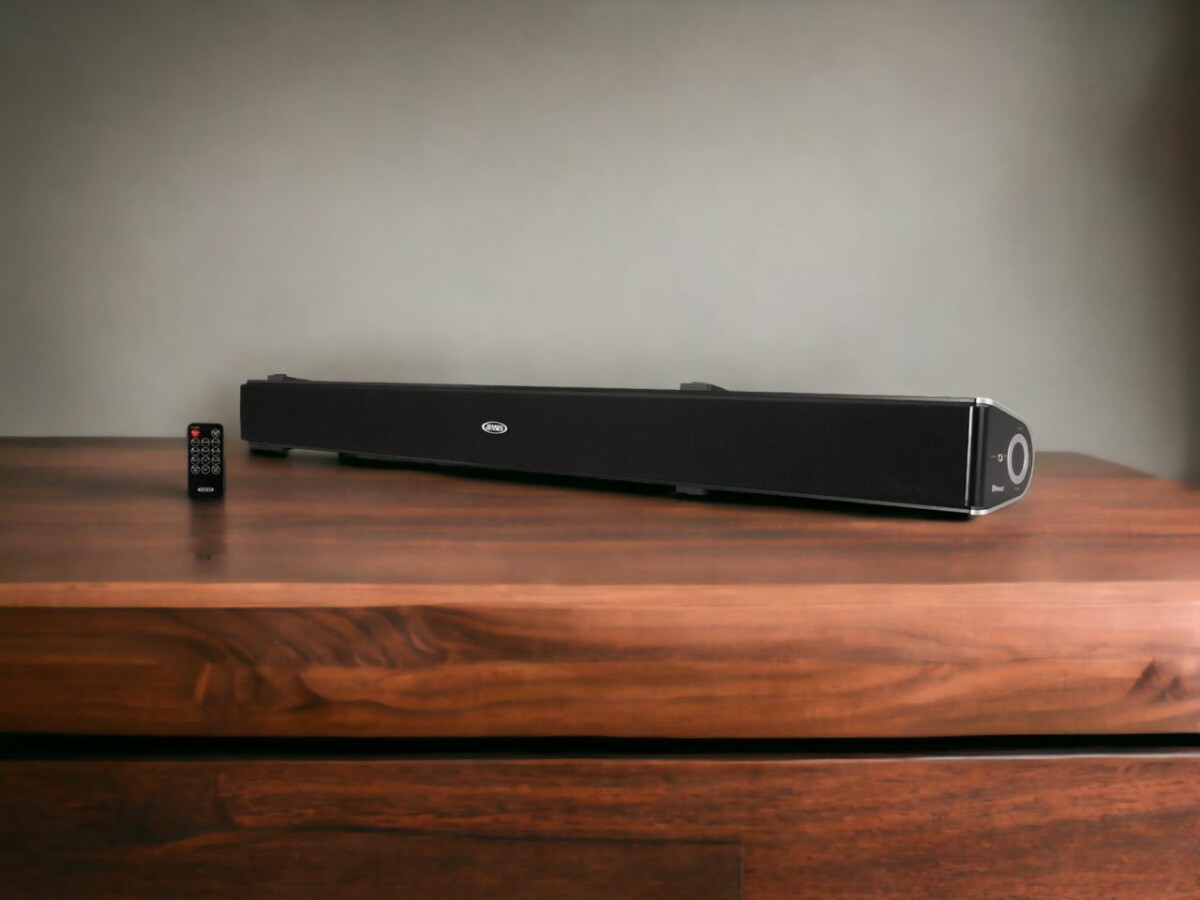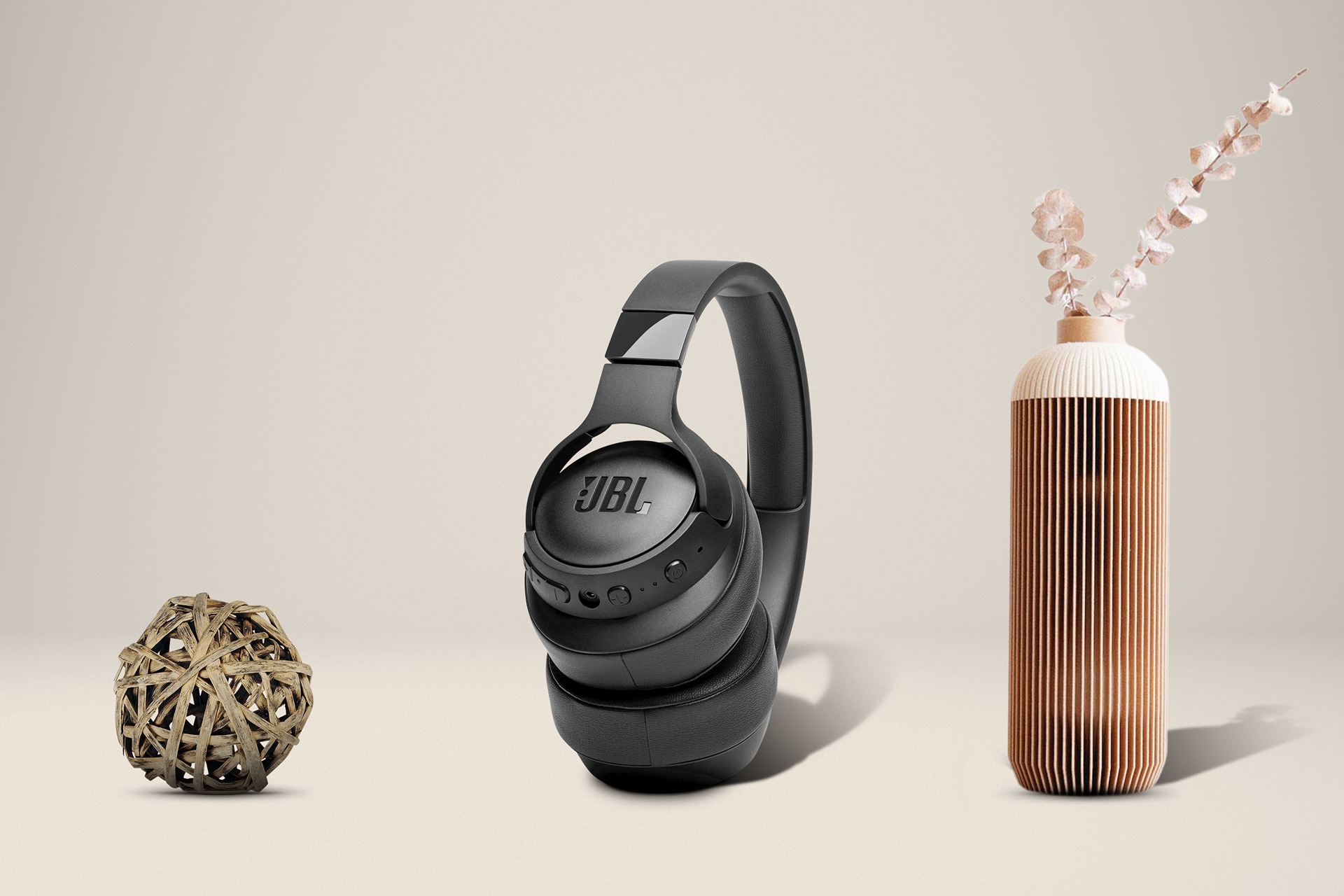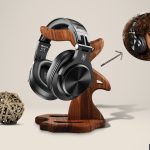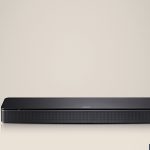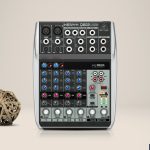You’re scratching your head, aren’t you? You’ve just hooked up your sleek new Samsung soundbar to your phone through Bluetooth but the sound quality isn’t quite hitting the mark. It’s puzzling, right? But then you tried switching to optical cables and voila, the sound is suddenly better.
So, what’s the deal? Is Bluetooth playing spoilsport or is it your soundbar that’s the villain?
Let’s unravel this mystery together and dive deep into the world of soundbar connections – be it Bluetooth, optical cables, HDMI eARC, or ARC. It doesn’t matter if you’re a seasoned audiophile or just starting out in this audio world, a solid grasp on these connections can really level up your sound experience.
So, let’s figure out what’s best for your beat-box.
Soundbars: Comparing Optical and Bluetooth
Optical connections offer a reliable wired connection for your soundbar, whereas Bluetooth lets you enjoy the convenience of wireless connectivity. Both are great for sound quality, but be aware that Bluetooth can sometimes result in slight latency, especially in older devices.
Alright, so you’re weighing up whether to go for an optical or Bluetooth connection for your soundbar, right? Let’s break it down and talk about the nitty-gritty of these two options.
You see, the thing with Bluetooth is, it’s a bit like that busy city street – lots of interference and noise that can mess with your sound quality. Plus, it doesn’t really have the muscle to handle high-res audio formats.
Just to give you a heads up, some folks have also complained about certain Samsung soundbars creating annoying crackling and hissing sounds when connected via Bluetooth. I mean, sure, Bluetooth is super handy and all, but it mightn’t deliver that crystal-clear audio you’re after.
If you’re a bit of an audio junkie and you want the best sound possible, you might want to give optical or HDMI connections a shot instead. They could just be the ticket to that next-level sound experience you’re chasing.
Comprehensive Review of Bluetooth Soundbar Performance
So, you’re on the hunt for a Bluetooth soundbar, right? You’re gonna find a ton of options out there, each one boasting its unique features and performance level. But here’s the thing – the sound quality you’ll get is influenced by a couple of factors.
Firstly, let’s talk Bluetooth. As cool as it’s to have a wireless connection, Bluetooth isn’t perfect. It struggles with high-quality audio formats like Dolby TrueHD. So, it’s likely to put a cap on how good your soundbar can perform.
Then there’s the whole compatibility thing. If your soundbar and device aren’t on the same page, you could end up with some wonky sound distortions. Not exactly something you’d want when you’re trying to enjoy your favorite tunes or binge-watch that new Netflix series.
Lastly, distance and interference come into play. If your device and soundbar are miles apart or there are physical obstacles in the way, it could mess with your sound quality.
Deep Dive Into Optical Cable Soundbar Performance
Alright, let’s shift our focus to how soundbars perform when they’re hooked up with an optical cable. You see, this kind of connection gives you a crystal-clear, digital audio signal that doesn’t suffer from the usual issues you encounter when streaming via Bluetooth for soundbars. With optical cables, you’re eliminating possible interference, ensuring a stable and uninterrupted flow of audio.
But, we can’t ignore the role of audio codecs in shaping the performance of soundbars. Yes, optical cables are great for steady connections, but they do have their limitations, especially when it comes to the range of audio codecs they support. For instance, they can’t handle high-res audio formats like Dolby TrueHD and DTS Master Audio.
Comparing Sound Quality: Optical Cable Vs Bluetooth
So, let’s talk about sound quality, pals. You’ve got two options on the table: optical cable and Bluetooth. You’ve probably noticed that there’s a pretty big difference between the two, and that’s mainly because of a couple of key factors.
First up, we’ve got audio codecs. When you’re using a Bluetooth connection, your audio gets compressed by these codecs. That mightn’t sound like a big deal, but it can actually mean you lose some of the finer details in your sound. Think of it like a really good cheese. You’re not getting the full flavor if it’s squished into a plastic wrapper, right?
Next, let’s chat about latency. This is all about how well your audio syncs up with whatever you’re watching. Optical cables are pretty great at this; they usually have lower latency than Bluetooth. So, the sound hits your ears at the perfect moment to match what’s happening on your screen.
Lastly, there’s sound quality itself. Unfortunately, Bluetooth can sometimes get hit with interference, which can mess with your sound. It’s like when you’re trying to have a conversation at a party, but there’s so much noise around you that you can’t hear properly.
But hey, it all boils down to what you need. If you’re all about that easy, on-the-go life, Bluetooth could be your jam. But if you’re a bit of a sound snob and want the best of the best, you might wanna go with an optical cable. Just saying.
Alternative Soundbar Connection Options for Enhanced Audio Quality
Apart from your typical optical and Bluetooth, there’s a trio of other cool ways to hook up your soundbar that could seriously take your audio game to the next level.
First up, have a look at HDMI connections. It’s a bit of a step up since it can handle boss audio formats like Dolby TrueHD. So, it’s a safe bet you’ll get a killer sound that’s leagues above what Bluetooth or optical can offer.
Next, don’t sleep on analog inputs. Sure, they might seem a bit retro, but they can still pack a punch when it comes to delivering solid sound quality. They’re often left in the dust, but for a no-frills setup, they’re a pretty legit option.
Sound Artist
I’m a Sound Artist creating immersive sonic experiences. I turn everyday objects into music, turning the mundane into something marvellous!

